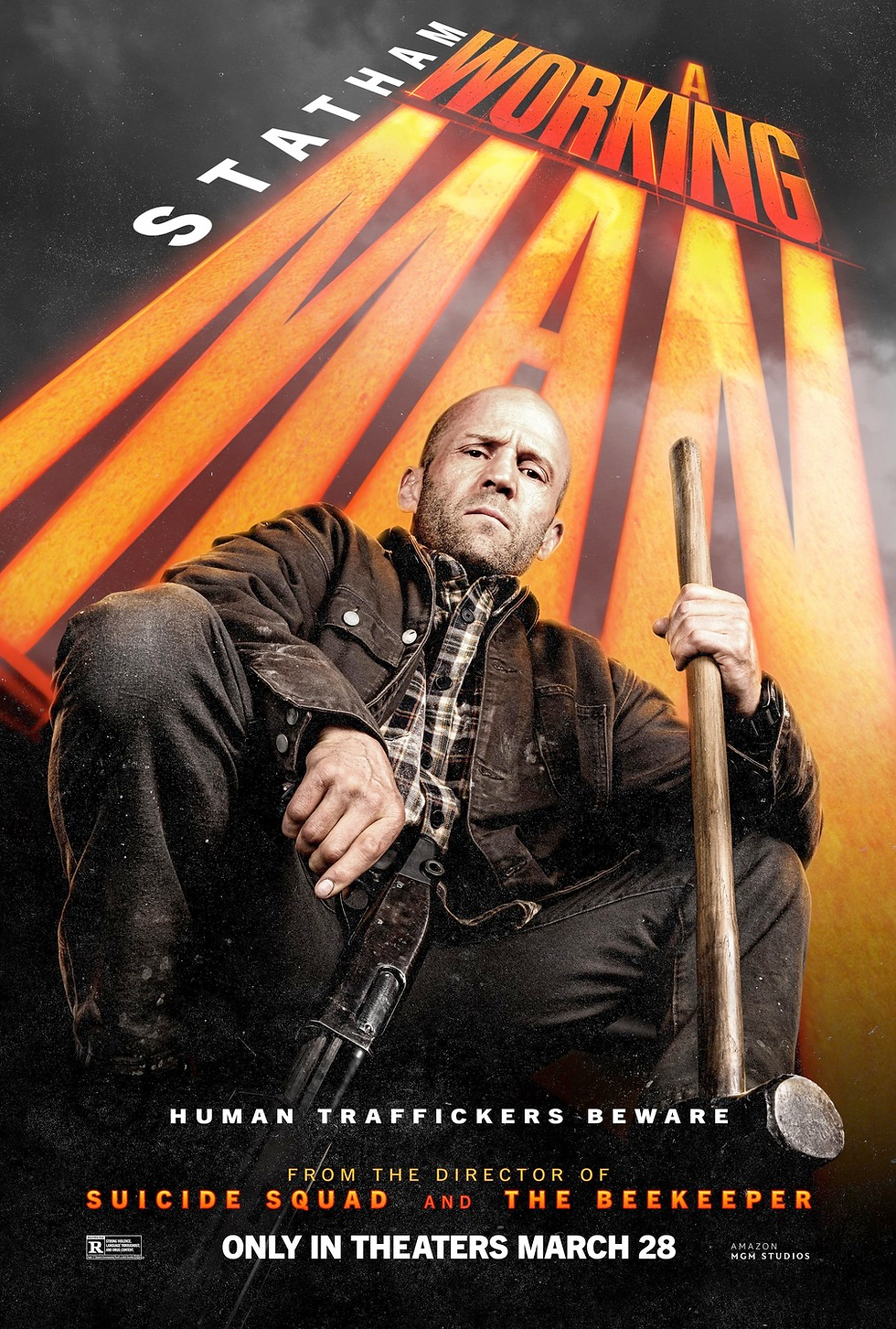Liza: A Truly Terrific Absolutely True Story
- Mar 26
- 4 min read
Updated: Mar 30

Back in 2006, I spent an afternoon with Liza Minnelli in New York City as part of the Anchor Bay launch team for their new "Eloise" animated DVD film. We walked with her to Carnegie Hall for an event around the debut and shared some time in the green room.
Liza was quiet, boisterous, reserved, engaging and a presence to be reckoned with at all times. She walked with a cane and had a personal assistant never far from reach, but when she talked with you, she was mesmerizing and locked in.
When she told stories of how Eloise was based on her as a child, having the run of the Plaza hotel, she lit up, and the voltage was blinding.
Liza was a lot, in all the right ways.
I feel privileged to have had that afternoon as a very minor part of her entourage.
Watching the new documentary LIZA: A TRULY TERRIFIC ABSOLUTELY TRUE STORY, I learned a lot more about her beginnings, her team and a career that seemed to explode when she starred in "Cabaret" in 1972.
There's a whole lot of story to tell before the seventies and the doc lovingly details a lot of it, clearly a friendly fire capture of a global icon and her mother, the global icon who proceeded her.
Director Bruce David Klein comes across as a life long fan and admirer of Minnelli. As such, you wont find a lot of dirt here. But you will discover Liza in both good humor and full transparency on the personal challenges she faced.
It's quite a life.
Liza provides a new, unfiltered on camera interview for the documentary, sharing her memories that stretch from her youth to the present, always accompanied by archival footage, scenes from her films or home movies, many previously unreleased, showing her most intimate moments with her friends.
There are shocking moments I didn't recall, like her mother Judy Garland clearly trying to embarrass her on a London stage when Liza's new star threatened to take the spotlight off Judy. It's raw and shocking.
It's fascinating watching Liza go from a youth where she adored her mother, to latter years when she grows tired of interviewers constantly talking about Garland.
There are countless on-camera interviews and videos of the tight group of friends that become Liza's surrogate family.
Michael Feinstein, Mia Farrow, Darren Criss, Joel Grey, George Hamilton and John Kander provide new interviews and some of their stories are legendary.
Ben Vereen (who doesn't age) delivers some powerful moments.
The film almost ignores Liza's parade of husbands, several of them notoriously gay, although she assures the camera she had no idea. Not knowing Peter Allen was gay stretches credibility, but this was an era in which Liberace had women throwing themselves at him and Paul Lynde was just everyone's acerbic Uncle figure.
What's more important is the clear love and caring that comes through in most of those relationships, regardless of their complications. With the exception of David Gest that is, whose "you may now kiss the Bride moment" might be the most revolting, awkward wedding kiss in human history. Farrow's reaction to it made me laugh out loud.
Some of Liza's films like "New York, New York" get some screen time, but I wished the film would have dug deeper into her film career. "The Sterile Cuckoo" and "Arthur" aren't even mentioned save a couple seconds of screen captures.
The film is long on family and the family she created around her, but short on any career highlights outside of concerts and the theater, which are well detailed.
I had no idea that Minnelli had stepped in to replace Gwen Verdon during the original Broadway run of Kander & Ebb's "Chicago". The impact of that six-month understudy of the role, with Liza already a huge star at the time, changed the Broadway landscape.
As she discusses why she did it, her sense of loyalty and commitment really come through.
Minnelli's impact on the seventies as film & fashion icon is well told.
If you're a Liza fan or love celebrity documentaries that take you back to another era, you'll likely really enjoy this film.
My favorite scenes were decades old interviews or back stage moments with Liza at her least guarded. It was rare for any celebrity in the 1980's to come out and admit they had a drug or alcohol problem. Liza was one of the first and those scenes are powerful today. She was a trailblazer in talking about addiction and recovery.
Mia Farrow shares a story of her then husband, Frank Sinatra's comment after seeing Liza on stage. 'Everything doesn't have to be the National Anthem". LOL
You know exactly what he meant, the moment he said it.
No one delivers an eleven o'clock song like Liza and there's an abundance of evidence here to prove that point.
LIZA: A TRULY TERRIFIC ABSOLUTELY TRUE STORY belts its way to a B.






Comments